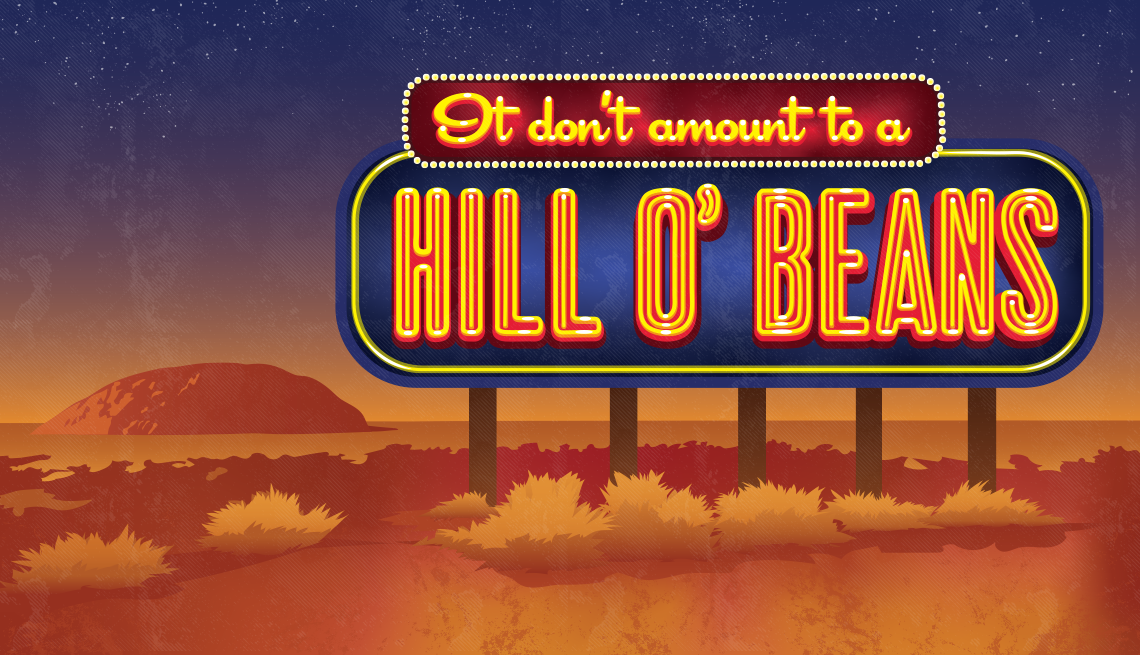
Life's a journey: accepting the accent | members only access
- Select a language for the TTS:
- UK English Female
- UK English Male
- US English Female
- US English Male
- Australian Female
- Australian Male
- Language selected: (auto detect) - EN
Play all audios:

The dropping of the “r” that defined high-society speak in cities in Georgia or South Carolina may have originated in the mid-1700s when wealthy British traders tried to sound more polished.
Think of Scarlett O’Hara and Southern belles cooing, “Pass the buttah, please.” But because the South is a large area encompassing many states, different flavors of “Southern” exist. People
in Tennessee tend to use long “o” sounds and drop the “g” in words like sittin’, spittin’ and cussin’. In the southern coastal states of Mississippi, Alabama and Georgia, “drawer” turns
into “drahwer,” and in Texas, the sounds go as flat as the plains with words like “fire” sounding like “far.” “When groups of people are separated for a period of time, their language use
starts to change in a different way from the other groups that are not a part of their kind of speech community,” explained Valerie Freeman, an assistant professor at Oklahoma State
University and director of the school’s sociophonetics lab. “So language is always changing. Pronunciation is always changing. Grammar is always changing. When you’re a part of a group, you
talk like that group and you change together, different from other groups that you’re not a part of,” Freeman says. And when people are different from each other, they think differently _of_
each other. “It’s not about how the words sound. Nobody ever said that there was such thing as a stupid verb, or an ugly consonant. But people … have those feelings and stereotypes about
social groups,” says Dennis Preston, an adjunct professor of linguistics at the University of Kentucky. “Without a stigma of social groups, there would be no stigma of language, right? So if
you believe that a group of people are dumb, then it's pretty easy for you to begin to transfer that to the way they talk,” he adds. I never wanted to be thought of as sounding dumb or
unsophisticated, so I beat that poor little accent like a three-legged dawg, shoved her deep in the shadows of my mouth and only let her out when I’d had too much to drink. And I thought it
worked … until I started traveling. In New York City, I felt like my accent stood out like a Broadway sign. In South Africa, I sounded as flat as a pancake. In California, pronouncing
“wine’ as “wahn” gave me away, and I was inevitably asked where I was from. I always cringed at the question, but what I didn’t realize was that my sound also made me stand out in ways I
couldn’t even imagine.
